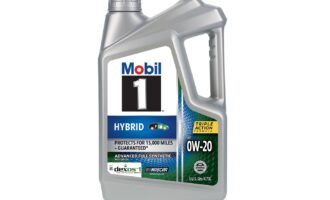
Henkel launches graphite-free synthetic forging lubricant
Henkel, based in Düsseldorf, Germany, has launched a unique synthetic lubricant for automotive manufacturers that drives down the costs and environmental impact of forging.
Bonderite L-FG F 605 is a graphite-free non-pigmented forging lubricant that provides an excellent lubrication film. With similar performance to graphite, it reduces die degradation from metal-to-metal contact to significantly extend die life. Because of its graphite-free formulation, Bonderite L-FG F 605 eliminates ammonia emissions for safer, more sustainable workplaces.
Henked said the forging lubricant is ideal for use on automotive forming applications such as bearings, wheel hubs, small gears and slip yokes.
Bonderite L-FG F 605 is based on unique synthetic lubricants that form an excellent lubricating film on the die, thereby reducing metal-to-metal contact that produces die degradation. As a result of improved die life, the expense of replacing dies, which can account for up 10 to 15% of overall forging costs – is reduced.
Bonderite L-FG F 605 also provides a safer and more sustainable option for forging, according to Henkel. It eliminates ammonia emissions associated with ammonia-containing graphite in water dispersion. Workspaces are also significantly easier to keep clean, as non-pigmented forging lubricants only require cleaning of organic salts.
“Henkel’s surface treatment, cleaners and lubricants business for automotive components offers process solutions across the value chain, from liquid metal to the final part,” said Dr. Stephan Winkels, Surface Treatment, Cleaners & Lubricants Market segment head at Henkel.
“Our robust process expertise is available globally, enabling customers around the world to effectively use our products with stable, quality results.”
Additionally, further cost reductions can be achieved because of the product’s stability at high dilution rates, which means that less lubricant is needed, said Henkel.









